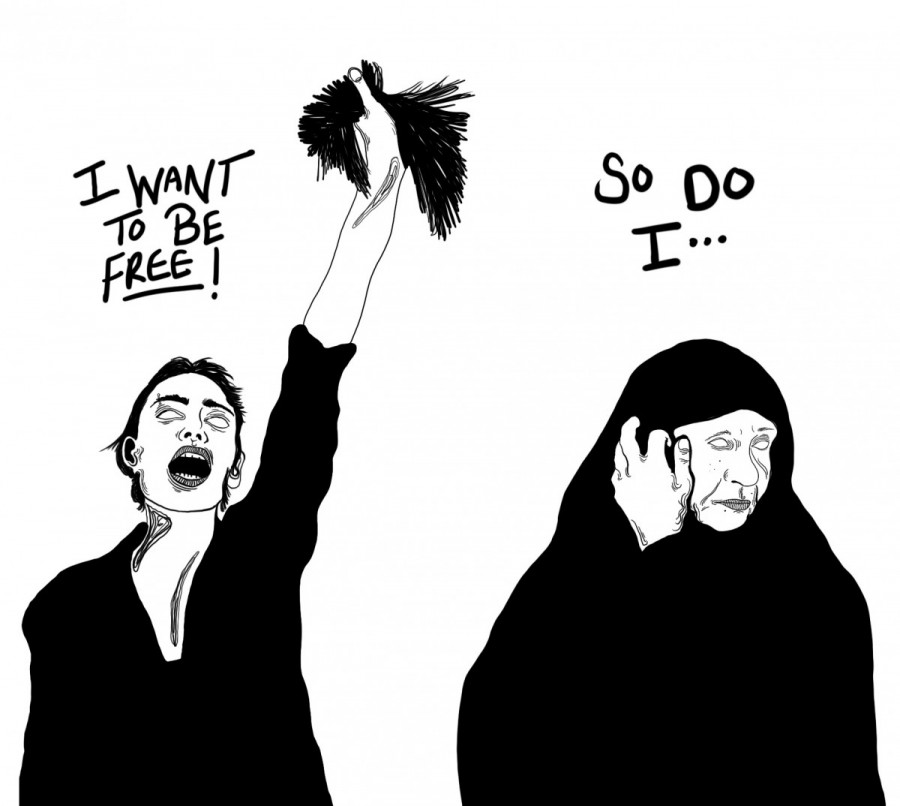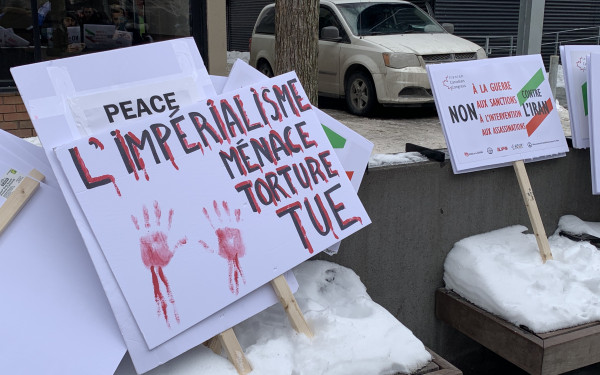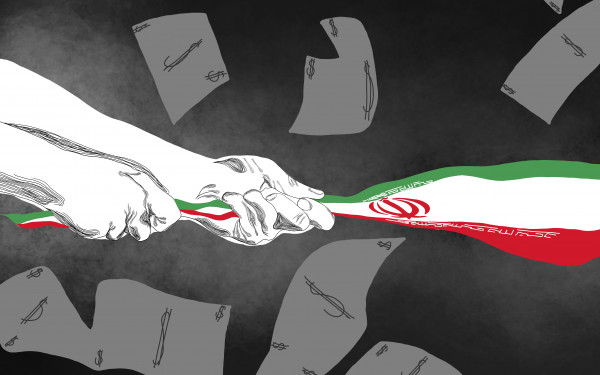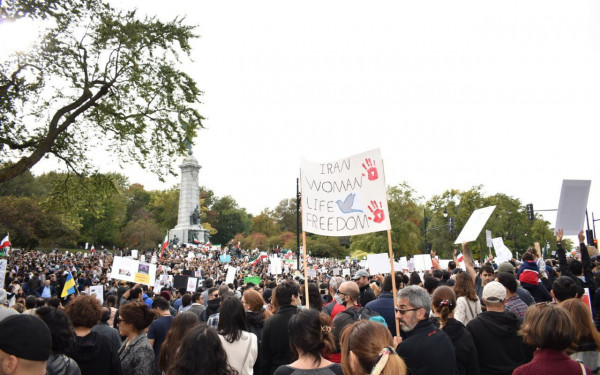Allyship or Islamophobia?
Selective Activism Exposes Your Prejudice
About four months ago, before moving here from Ottawa, my mother and I visited Montreal.
As we took long walks from one destination to another, she rolled her eyes and called me lazy every time I suggested we get an Uber. “It’s only a 15-minute walk,” she argued.
I had a protective gait as I walked by my hijabi mother. Scanning everyone around us, analyzing every look we got. After all, Montreal is home to Bill 21. At some point during our many walks around the city, I wanted to pop into our hotel room to pick something up. We were only about a five-minute walk away from it. I pleaded with my mother to come with me, but she refused. “I don’t want to go back, I want to keep walking,” she said.
Finally, I gave up and rushed to the hotel without her. Later that night my mother confessed that after wandering into a Pharmaprix, a man shouted at her to “go back to her country!”—I was infuriated, kicking myself for letting her walk around alone.
During the height of the Iran protests, as I sat in the metro, I saw a man opposite from me holding a sign that advocated for Iranian women. I couldn’t help but think of my mother’s experience just a few months ago. I couldn’t help but wonder if that man sitting in front of me would have created a sign, taken a metro and stood alongside Muslim women to show his support. Maybe I’m being pessimistic, but I don’t think he would’ve.
As a woman and a human being, I feel touched that the world is taking notice of the battles women of color face. I feel relieved that people with influence are finally shedding light on the oppression.
As a Muslim, however, I feel fearful. Not because powerful women are standing up for their rights, but because I know the world will use this cause as an excuse to further justify their Islamophobic acts.
“If you defend Iranian women taking off their hijabs and you don’t defend French women who want to wear them then you aren’t the ally you think you are,” was a reposted tweet I came across by a man I had never heard of, Shahed Amanullah, managing director of Frost Capital.
I wholeheartedly agree. If you act like that, you’re not pro-women: you’re an Islamophobe seizing an opportunity to criticize the religion.
A plethora of questions invaded my brain. Why is no one protesting the fact that Bill 21 forces Muslim women to choose between their religious choices and making a living? Why did the entire world disregard France's decree prohibiting hijabi mothers from participating in their children's school activities? What about the life-threatening Islamophobia in India? Why did everyone ignore the Middle East when it united to boycott French products? Where were the protests then?
I came to the conclusion that one of the major reasons Iranian women are receiving global support is because their cause aligns with western ideals—women taking their hijabs off. In France and Quebec, however, the struggles of Muslim women are consistently ignored because they do not represent western ideals—women keeping their hijabs on.
Along with questions about the public’s reaction, I also contemplated my future in this city, this province, and this country. What if I choose to wear one? Will I also be harassed like my mother? How will a hijab affect my career as a journalist?
My mind immediately rushes to a tweet I had stumbled upon where CBC News anchor Ginella Massa had to clarify: “I can be in solidarity with a woman’s right to choose what she does with her body, without changing what I have personally chosen to do with mine.”
As I aimlessly scrolled through TikTok, a certain video jolted me into fury. Tiktok user @Planetbthebook posted a video criticizing Muslim women for their hijabs. “If you are refusing to take it off even for a day, especially at your workplace…to show solidarity with what’s happening in Iran…You are guilty of bowing down to this sex obsessed body worshiping…You have a dirty disgusting mind; the rest of us do not.”
The hatred and rage pouring out of that video made it difficult to watch, especially knowing it was directed toward fellow Muslim women. I couldn’t understand how a grown woman could spout the most senseless, brainless and ignorant collection of words in the span of a single minute.
Later that night while taking a walk along Old Port with my hijabi friend, an intoxicated man leaned forward at her, and shouted, “SCUM!” He did not direct his words at me or our other friend walking with us. He spoke to her, and only her. I protectively wrapped an arm around her shoulders and steered her away. With a sick feeling in my stomach, I thought to myself, “I’m looking straight into my future.”
The next morning I picked a random podcast to listen to as I do every day. This time, it was Canadaland’s Shortcuts #823 A Star is Torn, which discusses a Toronto Star article by Vinay Menon. Titled “With the death of Mahsa Amini, it’s time for Hollywood to fight for Iranian women,” Menon referred to niqabs as “halloween costumes,” before the line was edited out. He predicted Hollywood would stay silent regarding Iranian women for fear of being called Islamophobic.
I know Menon’s statement to be completely false because Hollywood never shies away from an opportunity to be Islamophobic. How can he say that when the movie American Sniper exists and has been endlessly praised?
As each of those occurrences transpired over the course of two days, it felt as though my fears were materializing in front of my eyes.
I often find waves of feminism seem to exclude hijabi Muslim women. The greater public tends to forget Muslim women when they chant the phrase “My body, my choice.” I feel the urge to remind everyone that wearing a hijab can often be a choice and must be respected. A hijab is part of my religion, but oppression and abuse are not. If you call yourself a feminist, or even an ally, you cannot be selective about what type of women are worthy of your support.
This article originally appeared in Volume 43, Issue 5, published October 25, 2022.





_600_375_90_s_c1.jpg)

